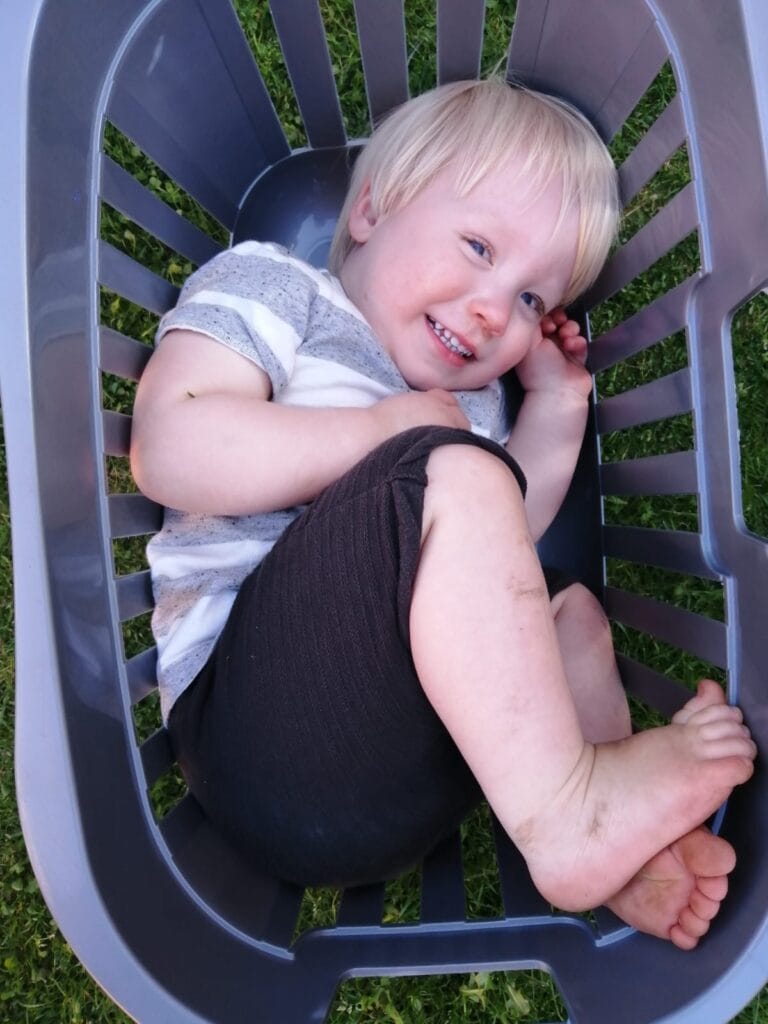When children are young they make more progress than at any other time in their lives. Let’s explore that…
Babies are a wonder to behold – they erupt in the world and spend several months totally dependent on other people to do everything for them until they start to get strong enough to want to do things themselves. They have to be held so they can sit, they have to be turned over so that they can go from their back to their front (or vice versa), they have to be burped so they don’t get trapped wind.
Then things start to change – they gain enough strength so that they can start to consider the possibility of turning themselves over or even sit up. Soon after they’ll want to be mobile so they start to experiment with crawling, and then when that isn’t enough they’ll have a go at standing and then walking.
Along the way they’ll fall over more times than you can count. They’ll get so frustrated that they have massive meltdowns but they’ll snap out of it quickly and forget about it next time they try to do the thing that has thus far evaded them. They’ll explore their environments with such wide-eyed wonder you could spend hours watching them expand their minds.
Toddlers are brilliant. Little miniature adults drunkenly staggering or sprinting from one room to another, a whirlwind of fun and potential destruction. Wherever they go toddlers are learning – they watch and imitate, they listen and try to copy, they have a huge thirst for knowledge and they do not care who is around when it’s time for them to practice what they’re working on (even if that is using a potty or getting undressed).
Once they’re on the move, the trips and falls are still as common, but probably have more impact as the speed of travel has gone up. Their assumed invincibility might scare you as they climb up higher than is probably strictly safe.
So how can we tie this back in to health and fitness?
Thomas Edison perhaps said it best when he said “I have not failed. I’ve just found 10,000 ways that won’t work”
Edison was never disheartened by appearing to fail. He understood that not being able to do something was the first step towards being able to do something. Babies and toddlers inherently understand this too:
- When was the last time a baby who was learning to walk fell over and just gave up on the idea of getting around on two legs? Not many adults are still crawling around because walking was just that bit too hard to master when they were growing up.
- What about the toddler who is desperately trying to put his socks on and who just can’t quite manage it? Does he resign himself to the thought that “maybe socks just aren’t for me”
So next time you’re learning something remember:
- You will get it wrong more times than you get it right before you learn how to do it
- Everyone should be trying to make progress, if they’re not there’s got to be a good reason why
- Your strength levels may take time to develop, but it doesn’t mean that they won’t develop as long as you keep practicing
- You will probably fall over, but no one will be judging you for trying and failing because we’ve all been a beginner at some point
- You might discover a new way to do something that no one had considered before if you experiment with things and learn from your experiences
- “Have you not succeeded? Continue! Have you succeeded? Continue!” – Fridtjof Nansen, Nobel Peace Prize winner
What other lessons can you learn from people around you? Are you constantly looking for things or people you can learn from? How important is your progress to you?

